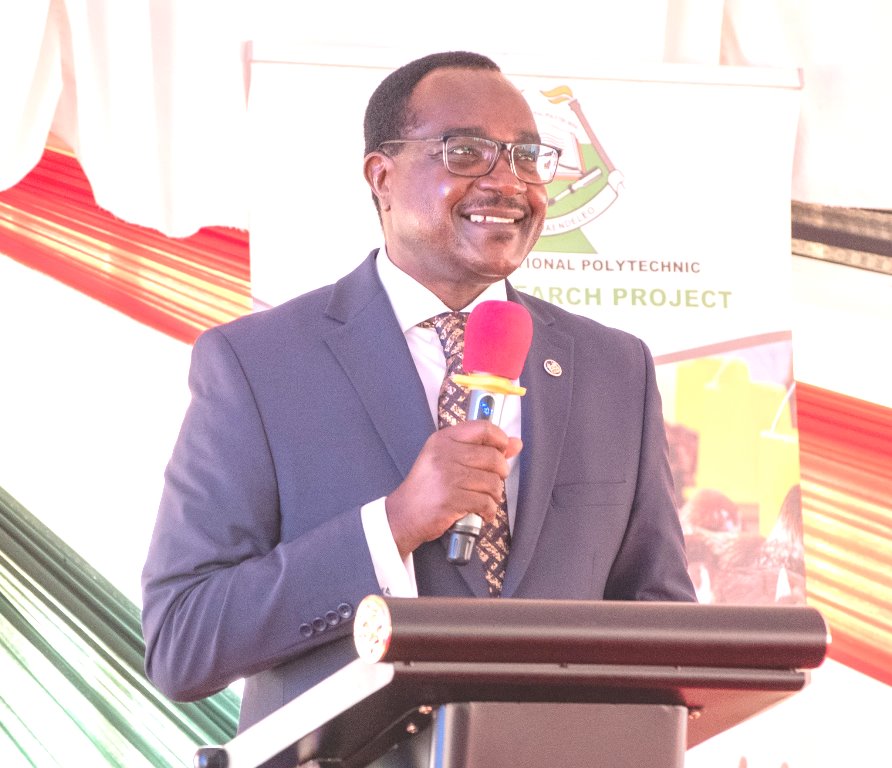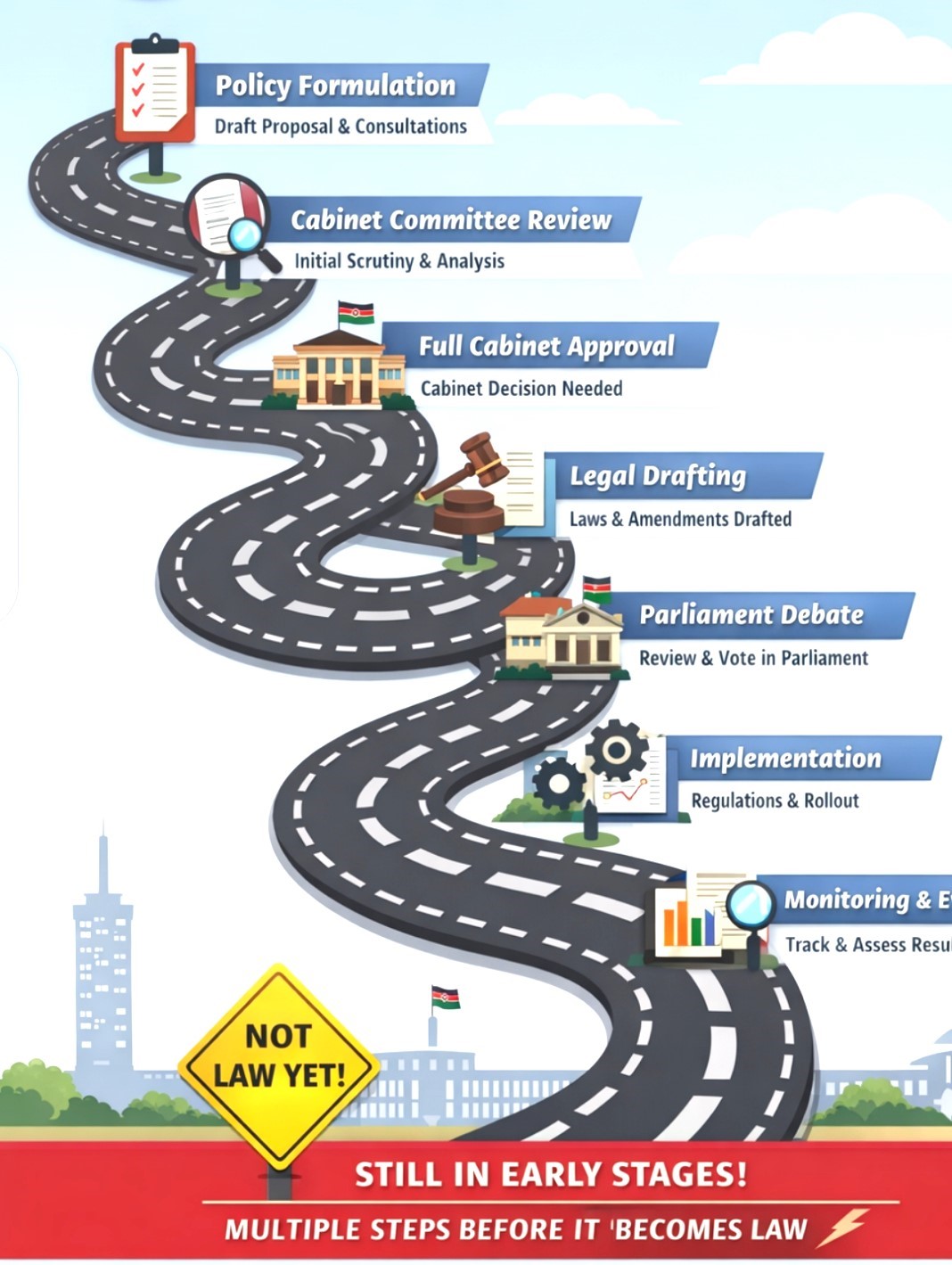Public primary and secondary schools are drowning in debt, with the Ministry of Education conceding that outstanding obligations could total up to Ksh.64 billion, accrued over time.
Education Cabinet Secretary Julius Migos Ogamba, appearing before the National Assembly’s Education Committee, painted a grim picture of the financial strain facing schools, largely attributed to ongoing budgetary constraints.
Ogamba acknowledged that the ministry lacks a comprehensive record of the actual pending bills, admitting: “I didn’t come with that figure. The figure raised by Robert Mbui of Ksh. 64 billion could be accurate. The question we are grappling with is: What do we do with it? Yet we’re still not getting what we budgeted for,” he told the lawmakers.
Only 50 per cent of the funds allocated to schools for this financial year have been disbursed so far, despite schools already being well into the second term. The ministry has allocated Ksh. 28.8 billion to support 3.2 million learners, but a shortfall of Ksh. 7.5 billion remains to be covered.
Primary schools continue to receive Ksh. 1,420 per child annually, distributed in a ratio of 50:30:20 across three terms. This amount falls short of the Ksh.2,238 per learner recommended by the Presidential Working Party on Education Reform.
READ ALSO:
In junior secondary schools, funding levels are similarly inadequate. Learners are only receiving half of the Ksh. 15,043 allocated per year under current provisions.
The chronic underfunding triggered sharp criticism from MPs, with Committee Chair Julius Melly and Deputy Minority Leader Robert Mbui questioning the government’s ability to sustain free basic education.
Mbui argued that the state should consider involving parents through partial cost-sharing, stating: “If you feel that it may be difficult for the ministry to afford it, then at some point you need to introduce some form of cost-sharing so that parents can assist. That could be better than insisting that you are funding education, yet it’s the children who are affected.”
Melly echoed similar sentiments, asking: “I think we need to have this conversation as a country: can we afford to continue fully funding education with the increasing numbers and the lack of resources we are experiencing?”
The committee also took issue with delays in capitation fund disbursement, warning that such bottlenecks threaten the quality of education being delivered in public institutions.
By Joseph Mambili
You can also follow our social media pages on Twitter: Education News KE and Facebook: Education News Newspaper for timely updates.
>>> Click here to stay up-to-date with trending regional stories
>>> Click here to read more informed opinions on the country’s education landscape






